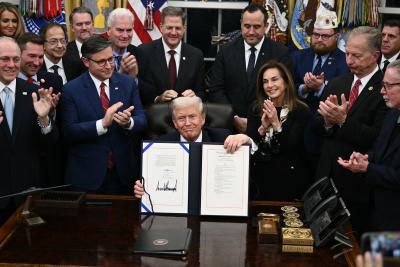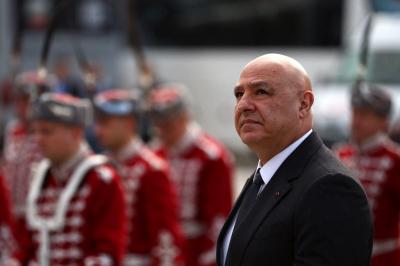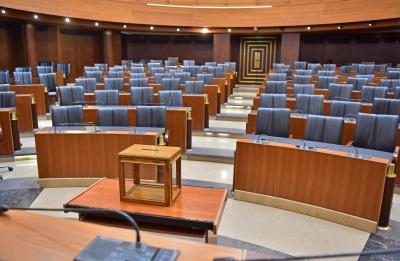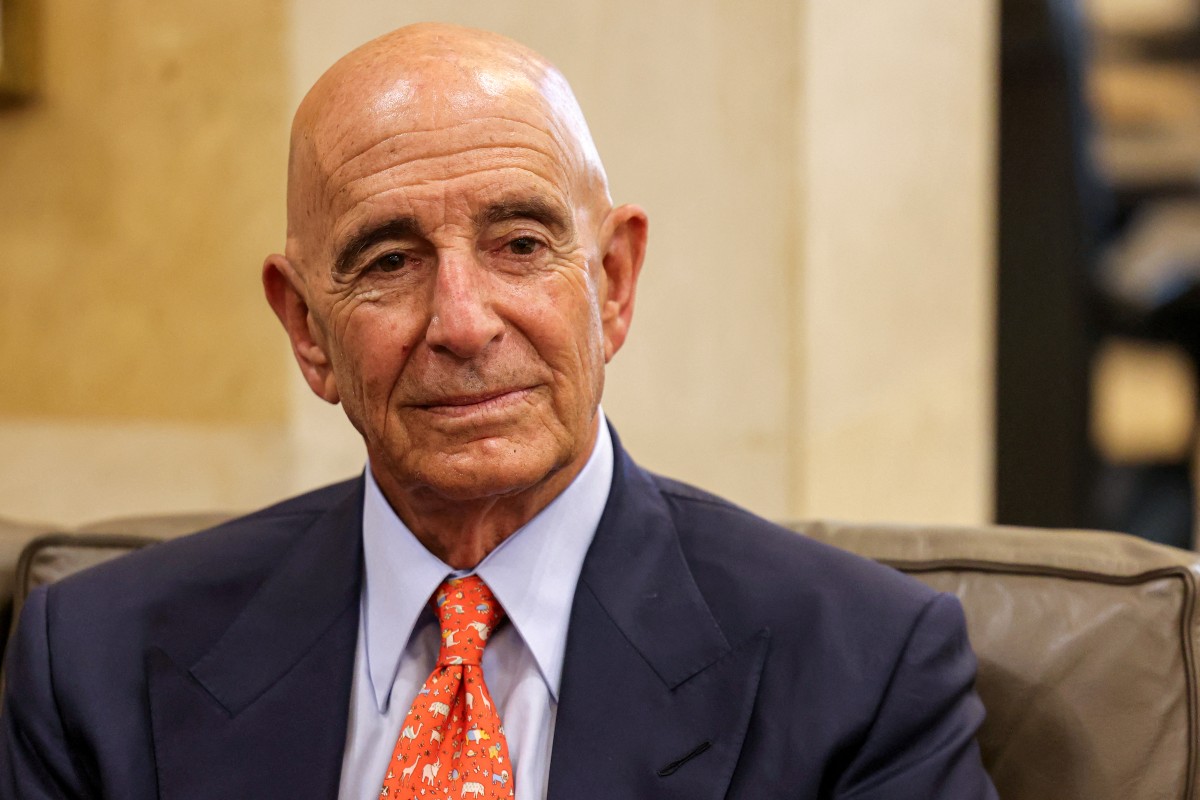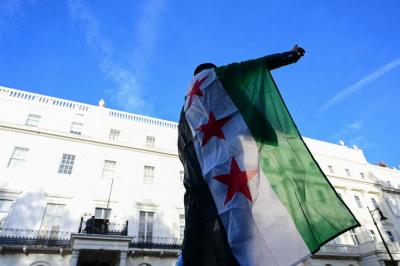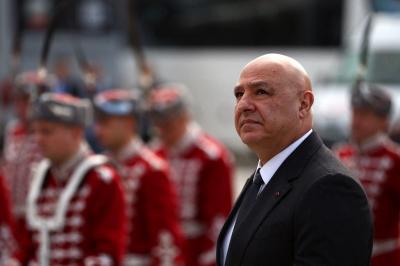Recent developments and political leaks suggest that the once-cautious optimism surrounding a possible resolution to Lebanon’s crisis is rapidly fading. In its place, a deepening pessimism is taking hold—one that opens the door to a range of uncertain and potentially dangerous scenarios for Lebanon and the wider region.
This shift in tone comes as U.S. presidential envoy Thomas Barrack visits Beirut once again—this time with diminished leverage. Barrack, who has already struggled to offer guarantees to Syria during previous mediation attempts, is arriving in Lebanon empty-handed. The failure to secure assurances in Syria—particularly evidenced by Israeli strikes in Suwayda and Damascus—now undermines his credibility with Lebanese officials.
Crucially, Barrack cannot guarantee a halt to Israel’s daily violations of the ceasefire and UN Security Council Resolution 1701. Nor can he credibly ask Lebanon to follow Syria’s lead when Damascus itself is spiraling into instability. In light of the recent Israeli strikes in Suwayda and military maneuvers near the Lebanese-Syrian border, "Hezbollah" and the Lebanese army remain on high alert, anticipating potential escalation.
With few tools left in his diplomatic arsenal, Barrack appears unable to break through the current deadlock. This power vacuum suits Israel, which maintains full operational freedom to strike "Hezbollah" targets without restraint. Indeed, Israel shows no real concern over whether the Lebanese government can disarm "Hezbollah"—it benefits from the group’s continued armament, as it justifies Israeli violations of the ceasefire.
Similarly, the Trump administration appears unbothered by diplomatic setbacks, having largely abandoned faith in multilateral solutions. U.S. officials now push for direct Lebanon-Israel negotiations instead. Notably, Barrack’s previous visits failed to reference either Resolution 1701 or the UN peacekeeping forces in southern Lebanon. He also ignored the five-nation committee tasked with monitoring the ceasefire, led by a U.S. Central Command general. Instead, he declared the November 27 agreement a “failure” and called for a new framework—an approach "Hezbollah" and Lebanese authorities see as an attempt to erase over 2,800 documented Israeli ceasefire violations.
More alarming is the broader context: after bombing and destroying Syrian regime positions under the pretext of protecting the Druze community in southern Syria, Israel eventually allowed the Assad regime to retake control of the area. Many suspect this was part of a quid pro quo deal. In exchange, Israel is believed to be finalizing its annexation of the occupied Golan Heights, granting Israeli citizenship to all its residents and eliminating any prospect of returning the territory to Syria in future peace negotiations. Talks toward such an agreement are reportedly underway in Baku and other capitals.
Back in Lebanon, the U.S. deadline for "Hezbollah"'s disarmament—set to expire by year’s end—appears more about giving Washington and Tel Aviv time to complete their agendas across the region: in Syria, Iraq, Iran, Yemen, Gaza, and the West Bank. It is not, as claimed, a grace period for Lebanon to implement reforms or reach consensus.
As for "Hezbollah"’s response, there is no need to wait for Barrack’s arrival—it has already been delivered by Deputy Secretary General Sheikh Naim Qassem:
- "Hezbollah" fully complied with the ceasefire south of the Litani River.
- The Lebanese army deployed wherever possible in the South, except for areas where Israel blocked access.
- Any new agreement must require Israel’s withdrawal and an end to aggression, especially now that Israeli settlements are deemed secure.
- The U.S.-proposed framework seeks to absolve Israel of responsibility for the war, which is unacceptable.
- The proposed deal links partial Israeli withdrawals to "Hezbollah"’s disarmament on a staggered timeline—this, too, is rejected.
- There is an external plan to partition Lebanon between Israel and Syria, redrawing the regional map. The issue is not merely disarmament but removing obstacles to Israeli expansion.
- National security strategies can only be discussed after Israel withdraws, not before.
- "Hezbollah" stands ready to defend Lebanon against any Israeli attack.
There is no internal Shiite rift, nor disagreement among Lebanon’s three top officials, who are cooperating closely to lead the country out of crisis.
All eyes now turn to Barrack’s third visit—possibly his last—if his mission fails. If successful, however, it may mark the beginning of a broader U.S. role in Lebanon’s future.
Please post your comments on:
[email protected]
 Politics
Politics


